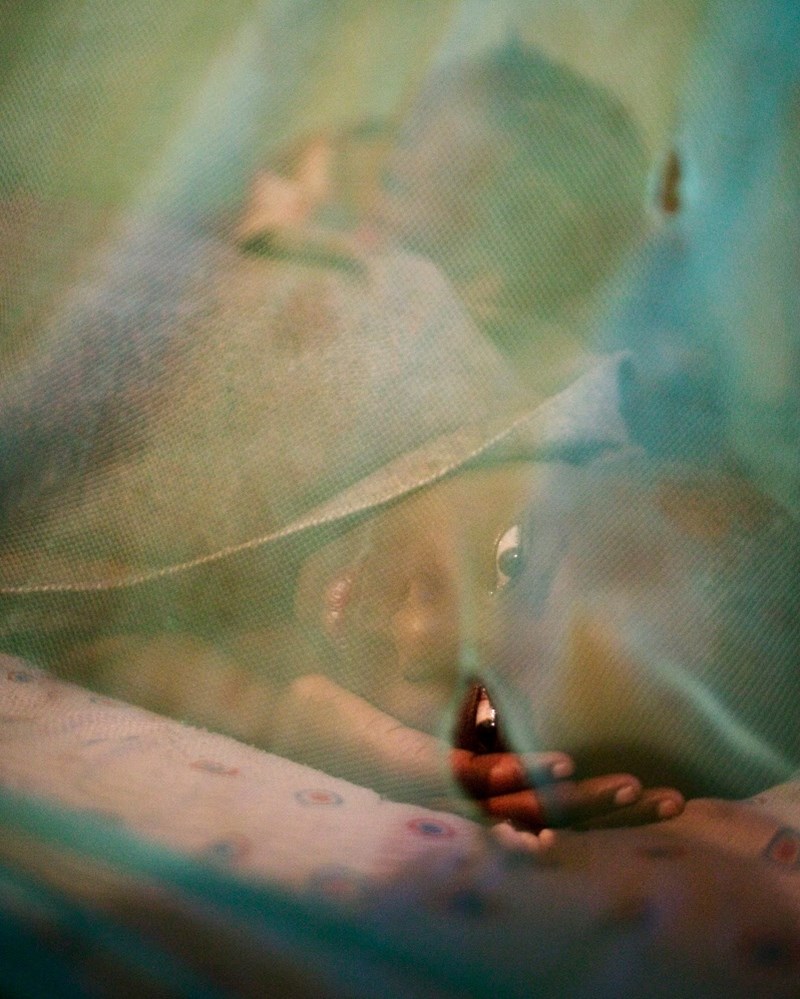The coronavirus pandemic has wreaked havoc across the world. Over the course of the last year, more than 2 million people have died and many more have lost or had their livelihoods disrupted due to the virus. Travel, trade and economic activity has faltered, and our once interconnected world has become deeply dislocated.
But we have also seen breakthroughs. The speed and scale at which both diagnostics and therapeutics for the disease have improved, is significant. Indeed, more diagnostics have been developed for Covid-19 over the last twelve months than for all 20 of the world’s neglected tropical diseases (NTDs) in the past hundred years - and vaccines have emerged at an unprecedented rate.
These new, safe and effective vaccines offer us hope of a light at the end of the tunnel. But it is a long tunnel, and we remain a long way from the end of this pandemic.
We are now seeing increased infection rates reported in Africa, where caseloads had previously been low.
More worryingly, new variants have been identified in Denmark, the United Kingdom, South Africa, Brazil, Japan and California, causing fresh concern over transmissibility, virulence and vaccine effectiveness.
Until and unless everyone is safe, no one is really safe. Analysis by the Eurasia Group, a risk consultancy, suggests that leaving low and lower middle-income countries to fend for themselves against Covid-19 will cause significant economic damage. This puts decades of progress at risk and could prolong the pandemic globally.
Numerous studies also demonstrate that a more equitable distribution of vaccines to frontline workers and vulnerable groups will lead to a more rapid path out of the pandemic.
Now, more than ever, we need solidarity, global collaboration, cooperation and coordination. The world needs a bold and coordinated approach to Covid-19.
In a bid to ensure equitable distribution of vaccines, the World Health Organization (WHO), Gavi, the Vaccine Alliance, and the Coalition for Epidemic Preparedness Innovations (CEPI) have formed the Covax initiative, the vaccine pillar of the Access to Covid-19 Tools (ACT) Accelerator.
Covax brings together governments, global health organisations, manufacturers, scientists, private sector, civil society and philanthropy, with the goal of getting Covid-19 vaccines to those in greatest need, whoever they are and wherever they live.
It aims to ensure that at least 20 per cent of the population in each participating country is protected by the end of 2021.
In addition, through the Covax AMC (Advanced Market Commitment) instrument, wealthier countries are paying into a fund to ensure that low and middle-income countries are not excluded from immunization because they cannot afford to buy vaccines at scale.
The Covax AMC builds on Gavi’s two decades of experience delivering lifesaving vaccines to more than half of the world’s population, including in the hardest to reach communities.
The instrument is a critical step to ensuring equitable access to Covid-19 vaccines, regardless of a country’s income level – but it requires an urgent investment of $2bn, from sovereign donors, philanthropies and the private sector, by June 2021, to fill the funding gap.






